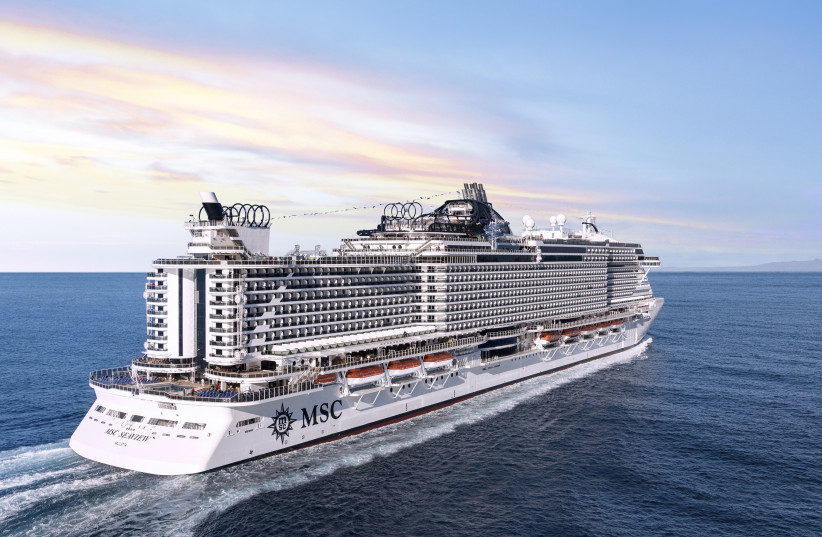In a promising turn of events for the beleaguered tourism industry in Israel, MSC Cruises, the world's third-largest cruise company and Europe's largest, reveals a substantial 70% increase in cruise bookings among Israelis. This surge is observed not only for the immediate end of December and January but also for upcoming festivities like Passover and summer vacations.
Following more than two months of war that brought the tourism sector to a near standstill, this recent uptick in bookings signals a public desire for a return to normalcy. MSC Cruises, renowned for its global cruise offerings, notes a particularly strong demand for Mediterranean and Caribbean itineraries among the Israeli audience. Top cruise ports on the Israeli traveler's radar include Barcelona (Spain), Genoa and Venice (Italy), Copenhagen (Denmark), and Miami and New York (USA), acting as gateways to the Caribbean islands.
Eyal Atias, CEO of MSC Cruises Israel, expressed optimism about the positive trend, acknowledging the resilience of the Israeli people during a challenging period. "The Israeli audience really likes to travel and vacation in the world, together with the situation in Israel that affects all of us, we are beginning to see a trend of revival in bookings and we also recognize an increase in visits to the website," he stated.

Israelis are taking their vacations again
Despite the numbers still lagging behind pre-war levels, the company is attempting to provide Israeli customers with several viable vacation options. In response to the uncertain times, MSC Cruises has implemented flexible booking conditions, allowing customers to book cruises safely, even in days of uncertainty.
The CEO emphasized their dedication to understanding the unique circumstances surrounding the war in Israel and adapting their cancellation policies accordingly.
The surge in cruise bookings reflects a collective desire to return to normalcy, though whatever normalcy is achieved will surely be tainted by the pain and loss brought on by the war. At the very least, the trend may serve as a bolster to the tourism sector, which represents the livelihood of thousands of Israelis.
